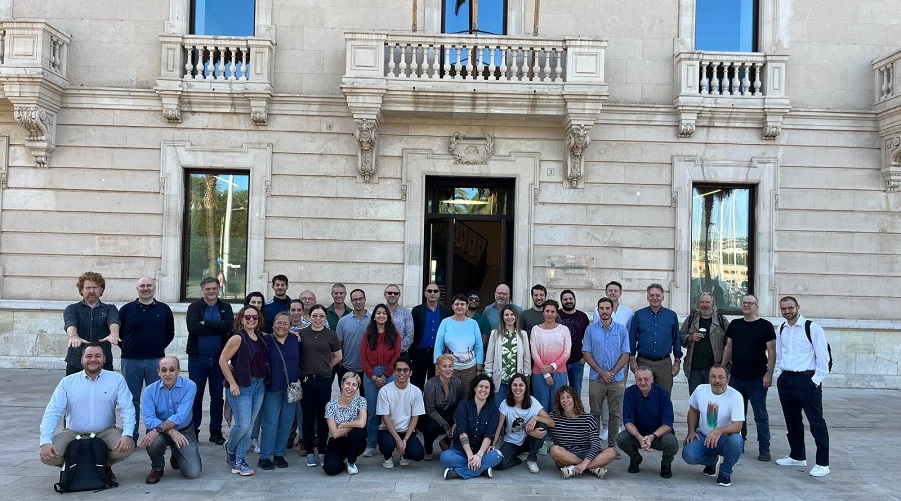Sea Around Us data users interested in learning how to perform a catch reconstruction update now have access to a suite of free video tutorials.
The step-by-step guides, available in English with carefully curated subtitles in Spanish, French, and Chinese (with more languages on the way), are presented in an easy-to-understand animated video format led by a researcher named Ola.






